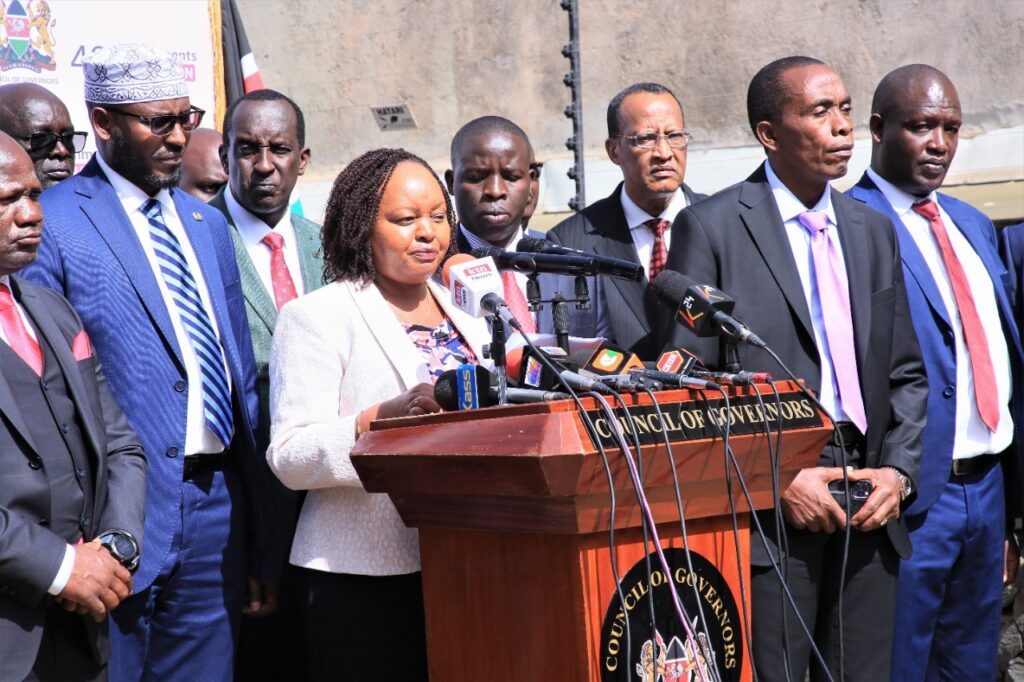For close to two decades since the introduction of Community Health Services in Kenya, Community Health Volunteers (CHVs) have served their communities, especially in hard-to-reach areas offering basic health prevention and promotion services. They serve as a link between the communities they live in and formal health facilities. CHVs are often the first point of contact for people needing health care and are a cost-effective way to deliver health care. There is overwhelming evidence of improved neonatal and child health outcomes through CHW programs in Kenya. There is also concrete evidence of the 10:1 return on investment for funding committed to community health systems.
The Covid-19 pandemic threatened to undo years of progress made in global health. For Sub-Saharan Africa, it was a double tragedy bearing in mind the already existing weak health systems. However, CHVs rose to the challenge and were at the frontline sensitizing communities, teaching health-promotive behaviours, contract tracing and even offering home-based care to mitigate the effects of the virus.
Globally, CHWs are recognized for their contribution to improving healthcare delivery to reach everyone. There are calls and commitments to have CHWs skilled, paid and well-supplied by a functioning primary healthcare system for them to be fully effective.
Currently, in Kenya, of the 100,000 CHVs offering basic health services countrywide, only 29% are compensated. Despite the significant work they do, for a long time, their remuneration has remained at the mercy of donors and implementing partners.
However, in recent years, the narrative has begun to change evidenced by several counties paying stipends to their CHVs. They have put in place measures that recognize CHVs as part of the formal health system through enacting County CHS Bills and allocating budgets towards community health. The County CHS Bill seeks to legislate community health services and supports enumeration, remuneration and career progression for these frontline health workers.
The Council of Governors in October 2022 pledged to work with the Ministry of Health to develop the IBEC resolution that would see counties and the national government split payment of stipends to CHVs on a 50:50 basis with counties.

Political prioritization is a key prerequisite for budgeting domestic resources towards community health. Continual positioning of community health on the political agenda elevates the community health agenda at regional and national levels. Locally in current and past regimes of governments, there has been increased galvanized political support for primary health care including community health services, as a vehicle towards achieving Universal Health Coverage. Retired President H.E Uhuru Kenyatta’s government strategy towards Universal Health Coverage included building resilient and responsive primary health systems and investing in community health as stipulated in the Big 4 Agenda.
H. E. President William Ruto in his manifesto for health services included primary health care as one of the key areas. The current Kenya Kwanza government has anchored Primary Health Care based approach on its Afya Mashinani model. The President has severally applauded the services provided by the community health workforce in different national key addresses. Speaking during the recent 3rd Social Protection Conference, he committed to launching a program in collaboration with counties to ensure the 100,000 CHVs are paid stipends across the country.
Paid, trained, supervised and well-supplied CHVs must be the rule and not the exception if we are to realize UHC and achieve global health security.

2 thoughts on “Efforts towards compensation of CHVs in Kenya”
I AM FROM BOMET CNTY AND HAVE BEEN WORKING AS A CHV FOR MORE THAN 5yrs but haven’t got compensation.COULD YOU HELP?
We appreciate the information as chv kapkirwa, tinderet, nandi County